Introduction:

The 100m final has always been the most highly anticipated event in the Olympic Games. It brings together the best athletes from around the world to compete for the coveted title of the fastest person on the planet. This year's 100m final was no exception, with expectations running high as fans eagerly awaited the results of the race. In this article, we will provide a detailed analysis of the 100m final results and the athletes who participated in the event.
1. The Background of the 100m Final
1.1 The History of the 100m Final
The 100m final has a rich history, dating back to the first modern Olympics held in Athens in 1896. Since then, it has become the most prestigious event in the track and field competition, attracting the biggest names in sports. Over the years, we have seen some of the most electrifying performances in the history of sport from athletes such as Usain Bolt, Carl Lewis, and Jesse Owens.
1.2 The Participants of the 100m Final
The 100m final brings together the top athletes from across the globe. The athletes who participate in the event must qualify through a series of races that take place in the months leading up to the Olympics. This year's 100m final saw the participation of some of the fastest sprinters in the world, including Trayvon Bromell, Enoch Adegoke, and Akani Simbine.
2. The Results of the 100m Final
2.1 The Winner of the 100m Final
After a thrilling race, the gold medal in the men's 100m final was won by Italy's Lamont Marcell Jacobs. Jacobs finished the race with a time of 9.80 seconds, setting a new personal best and European record. The win made Jacobs the first Italian to win a gold medal in the 100m final at the Olympic Games.
2.2 The Runners-up of the 100m Final
The silver medal in the men's 100m final was won by Fred Kerley of the United States. Kerley finished the race with a time of 9.84 seconds. Canada's Andre De Grasse won the bronze medal with a time of 9.89 seconds. This was De Grasse's second bronze medal in the men's 100m final, having won his first at the 2016 Rio de Janeiro Olympics.
3. Analysis of the Results
3.1 What made Lamont Marcell Jacobs the winner?
Jacobs' victory in the men's 100m final was a surprise to many. However, his performance was a testament to his hard work and dedication. One of the key factors that helped Jacobs win the race was his excellent start. He got off the blocks quickly, allowing him to gain an early lead over the other runners. Jacobs was also able to maintain his speed throughout the race, finishing strong in the final stretch.
3.2 The Performance of the Other Runners
Fred Kerley put in an excellent performance in the men's 100m final, finishing with a personal best time of 9.84 seconds. Despite this, he was unable to keep up with Jacobs, who was simply too fast on the day. Andre De Grasse put in a solid performance to win the bronze medal, but he was also unable to keep pace with the top two runners.
4. Conclusion
In summary, the 100m final at the 2021 Tokyo Olympics was a thrilling event that lived up to its billing. Lamont Marcell Jacobs' victory was a surprise to many, but it was a well-deserved win. His performance showcased the importance of starting strong and maintaining speed throughout the race. The other runners in the race also put in commendable performances, but they were unable to keep pace with Jacobs. We look forward to seeing what the future holds for these athletes and the 100m final at future Olympic Games.
The editor says: The 100m final is one of the most highly anticipated events in the Olympics, and this year's event did not disappoint. Lamont Marcell Jacobs' victory was a surprise to many but he put in a well-deserved performance to win the gold medal. The 100m final is always an exciting event, and we look forward to seeing what the future holds for this race and the athletes who will compete in it.

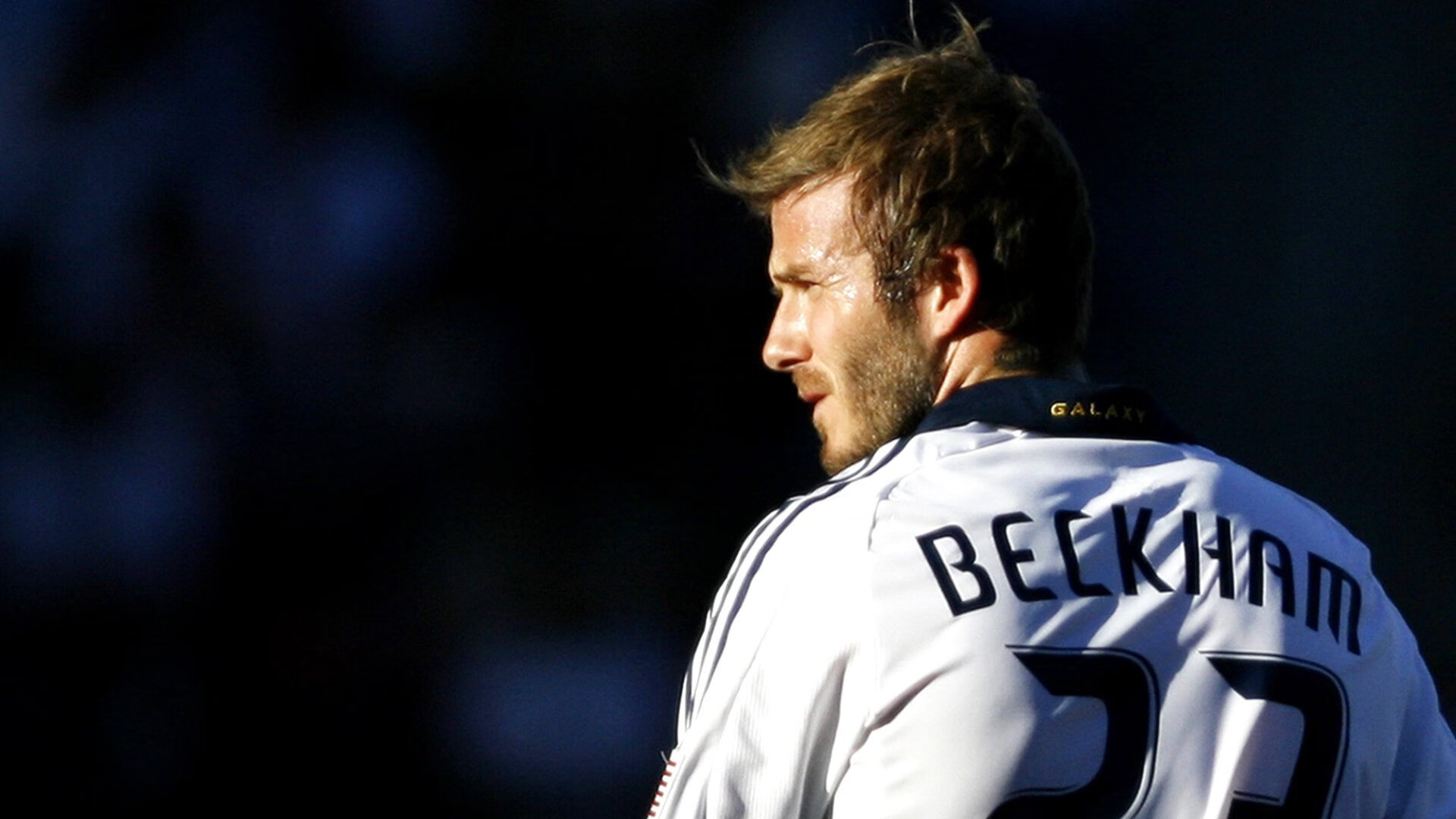

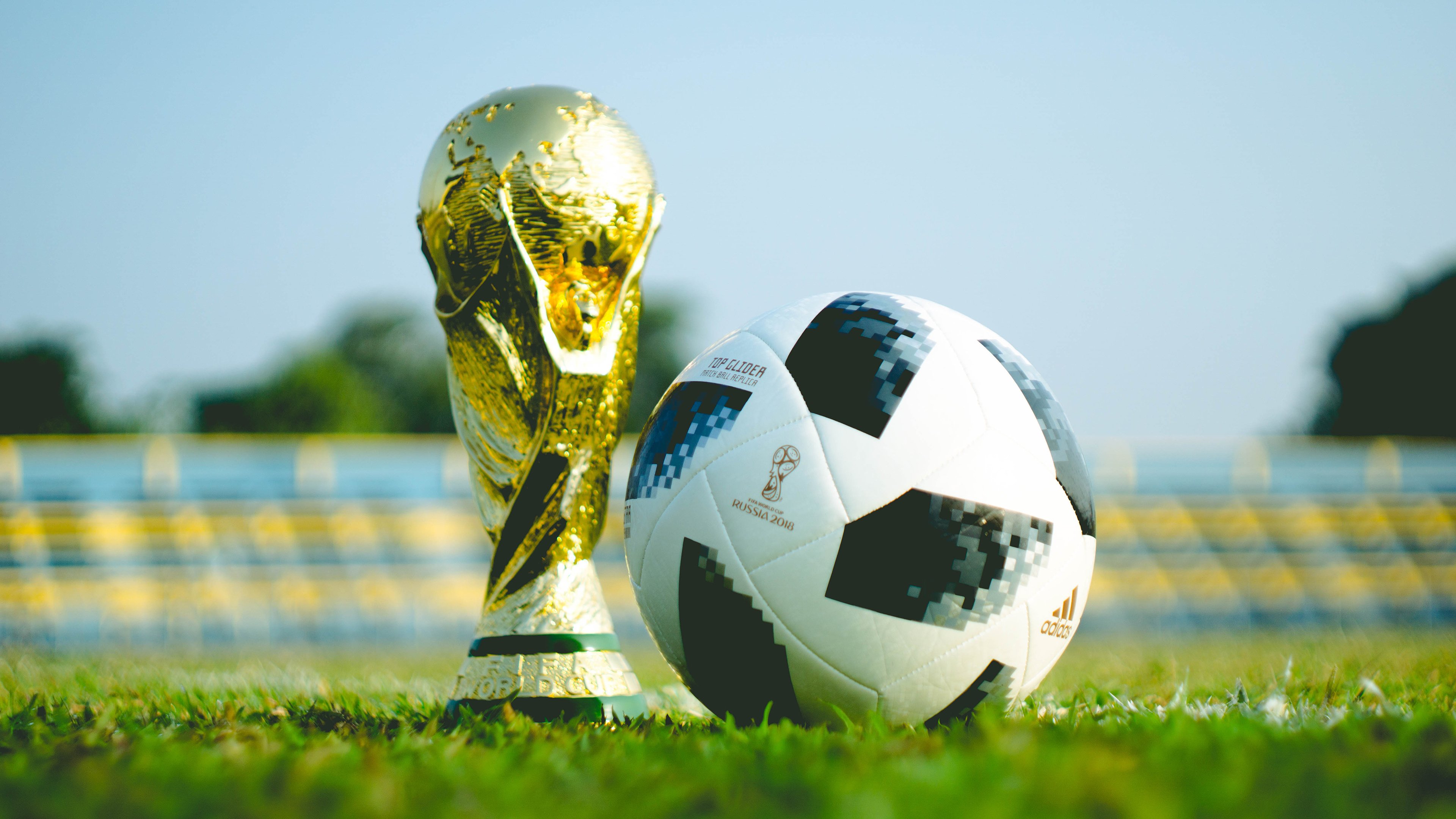
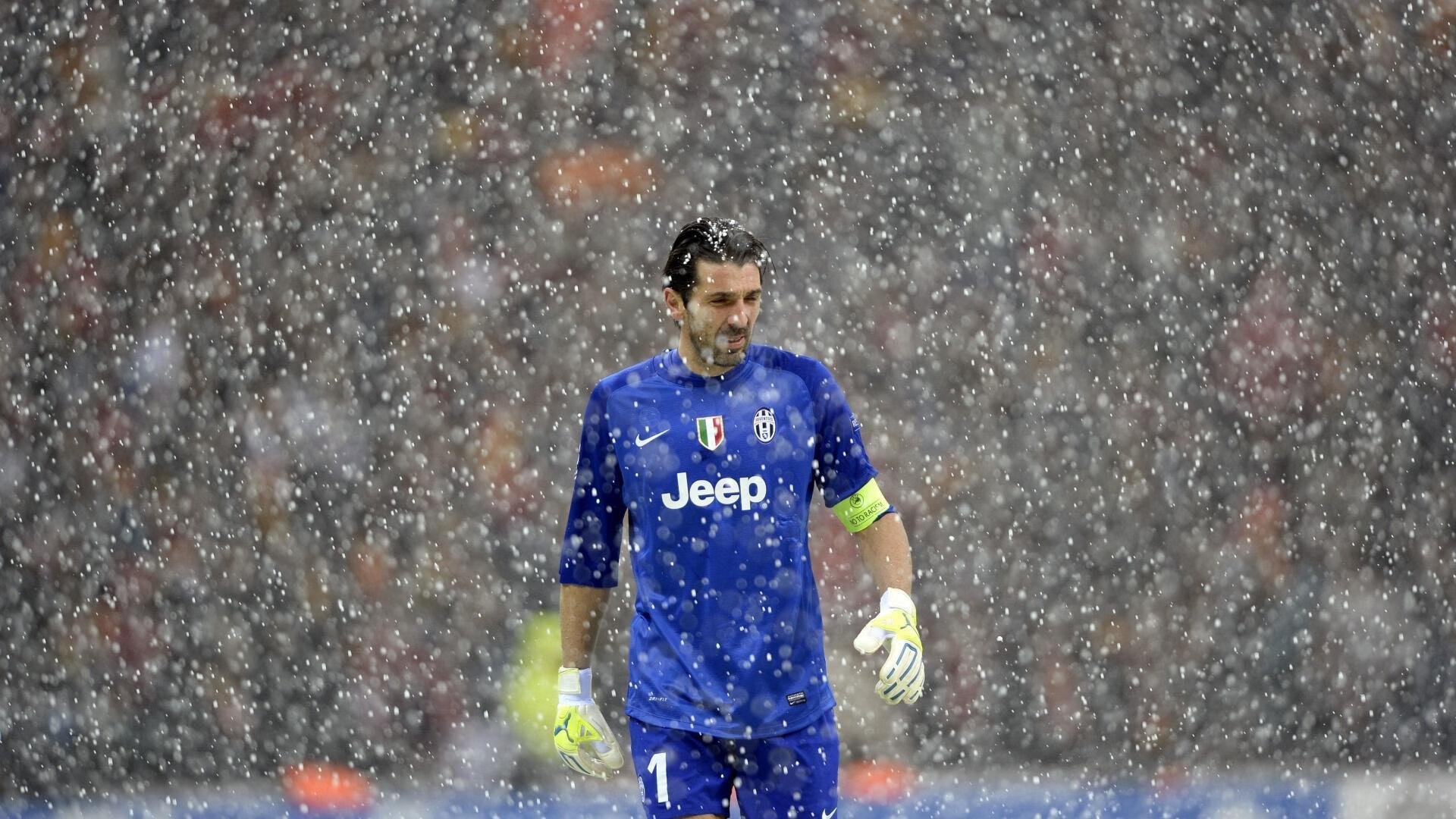


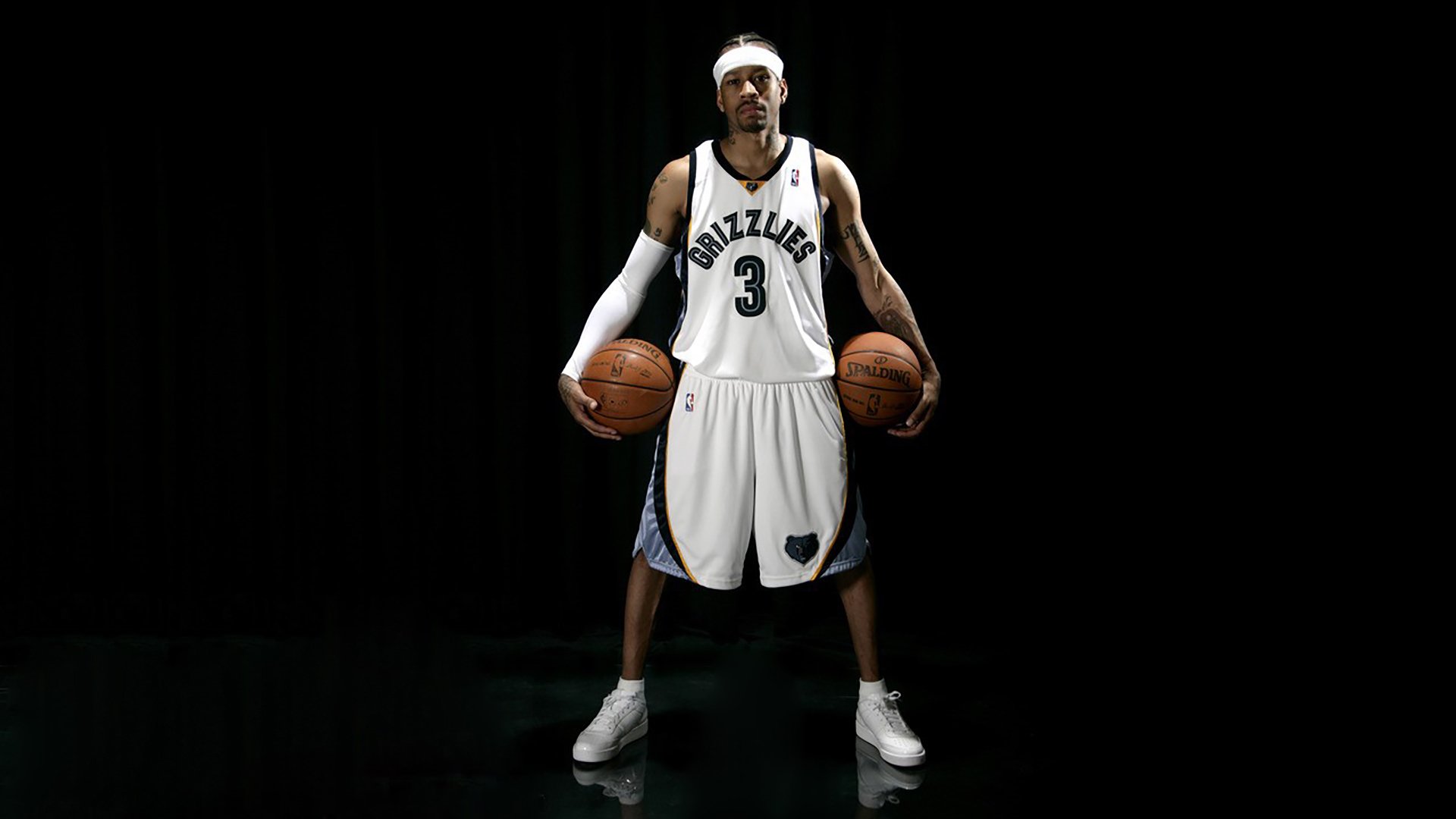
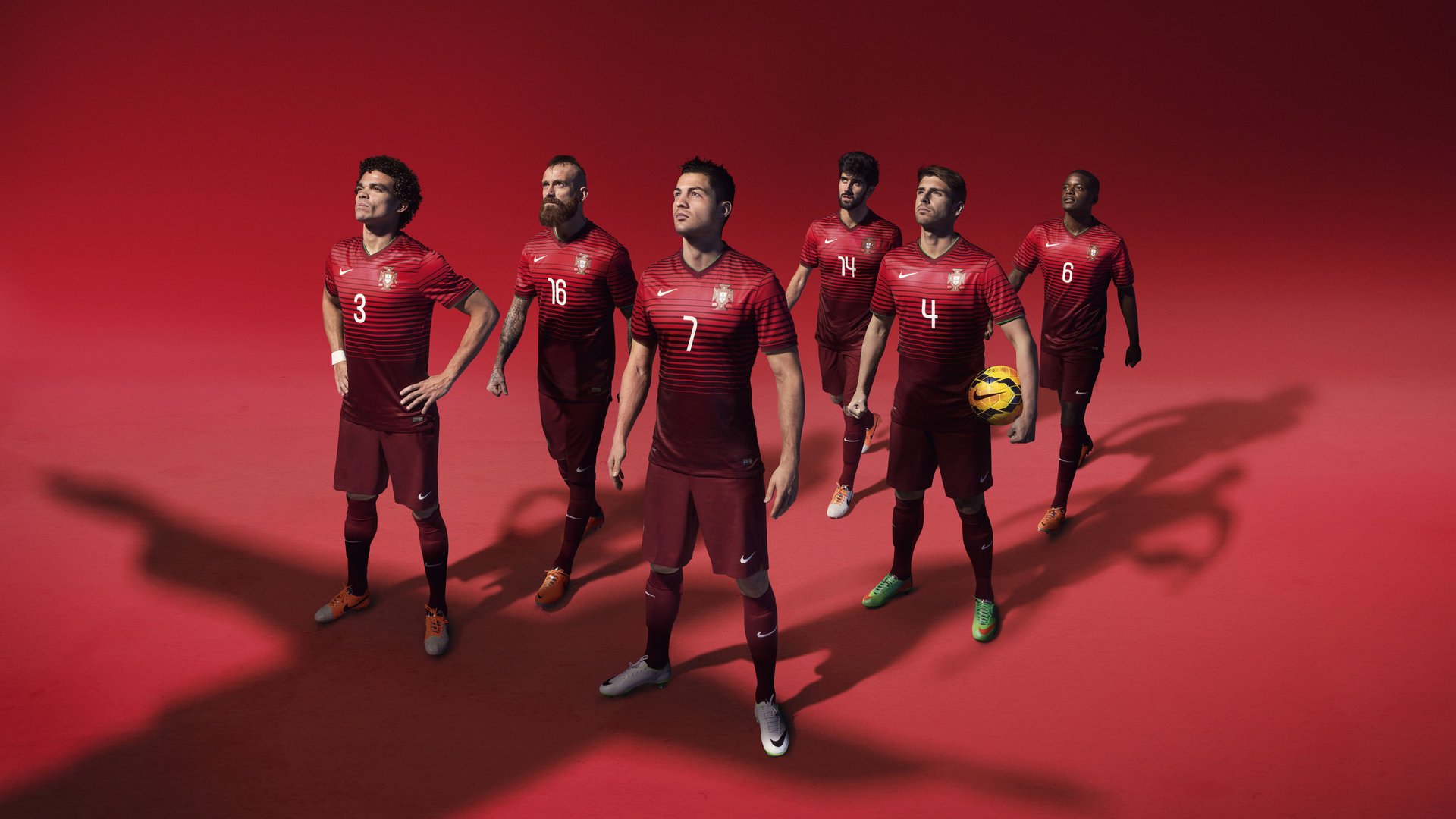


暂无评论
发表评论